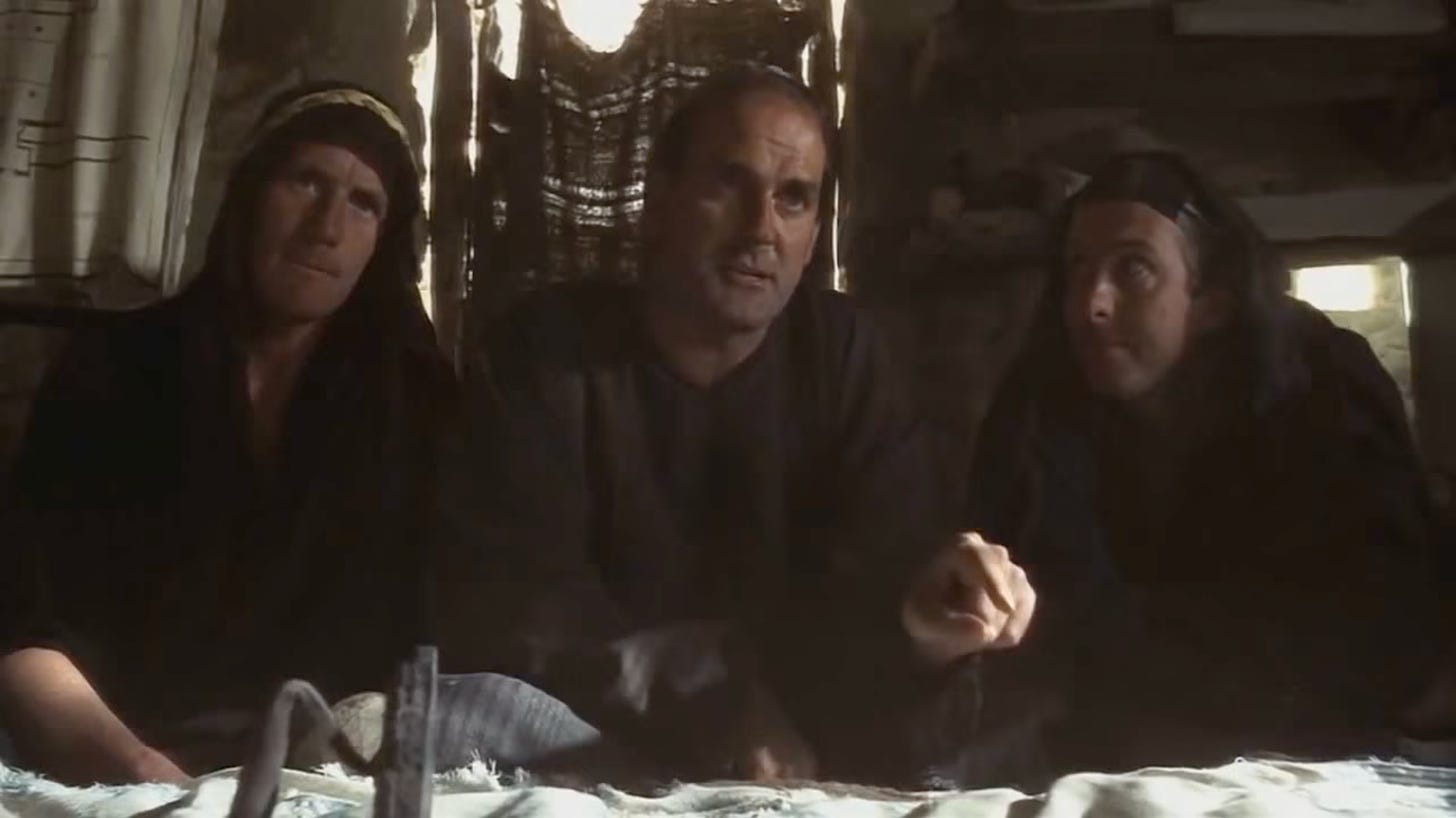It is a great honour to be invited here to speak about a topic which has become close to my heart over the last few years.
Lockdowns were encouraged through the use of a mass communications campaign, behavioural science, nudge, propaganda, the most punitive fines since the Dark Ages, all stirred on by the experts.
The way I coped with the loss of freedom, was through free expression, by writing a book which explored the way our government used experts to nudge and mobilise fear within the population.
To come here, where free speech is so greatly prized is a privilege. I hope to persuade you that the involvement of experts in public affairs over the past two years has had lasting damage on our lives.
First, I am not suggesting we have had enough of all “experts”, of course. At one end of a spectrum, we have members of society who can do things which others cannot: car mechanics, airline pilots, civil engineers. They do not tell us they are “the science” or that we must follow “the science” but they are experts and just quietly get on with fixing our carburettor, flying us around or building bridges. But they are not the experts we should be wary of. They are not the “experts” who appeared daily on television demanding the eradication of a virus or the experts who weaponised fear or the experts who wondered if they could “get away with” lockdowns.
It reminds me of the scene in the Life of Brian, when Reg, leader of the oppressed People’s Front of Judea asks, “What have the Romans ever done for us?” There are so many answers he has to say eventually “All right, but apart from the sanitation, the medicine, education, wine, public order, irrigation, roads, a freshwater system, and public health, what have the Romans ever done for us?” All achievements of Roman experts, no doubt. Did the Judaean’s want Roman imposed expert achievements, or freedom?

The experts I think we have had enough of, are the ones who wish to make us change our behaviour “for our own good”; the type who sprung up everywhere during covid and who covertly manipulated us to do things we would not have done otherwise.
The second general point I want to make is that experts are, by definition, highly specialised. Leaders on the other hand, need to lead and when they abrogate their responsibility for leadership to the experts and “the science” the result can be chaos and authoritarianism. Democracy is weakened.
Your grandmother is left to die without seeing her family, without last rites, without anyone holding her hand, because of an expert, who advocates for zero covid, “for the greater good”. In this way, experts stop serving the people, become their masters, and blur the normal boundaries of society and morality.
That sense of power can be very intoxicating for some, especially when it comes with practically no accountability to the public. Think of Dr Anthony Fauci when he said, “They’re really criticising science because I represent science. That’s dangerous.” Of course, the real danger to scientific method lies in his grandiosity not in the people who criticised him.
The point was made eloquently by a young Winston Churchill in a letter he wrote to H.G. Wells in 1901:
“Nothing would be more fatal than for the government of states to get into the hands of the experts. Expert knowledge is limited knowledge: and the unlimited ignorance of the plain man who knows only what hurts is a safer guide than any vigorous direction of a specialised character.”
In other words, by living life we obtain the practical judgement and capacity we need to make decisions in our own interests. In the case of Covid, we know from mobility data that people adjusted their behaviour before the big U-turn and top down mandates.
The third general introductory point I want to make is that experts are individuals and come with their own prejudices and shortcomings whatever their expertise. To hand over, in effect, the administration of a nation on the grounds that we should “follow the science” (as if science is an idol) or “trust the experts” is to ignore their shortcomings, and elevate them to a position of authority they should never occupy.
So, with those “expert warnings” established, I want to spend my closing minutes touching on the murky world of behavioural science and “nudge”: a world which provides ample evidence of how experts have by now overstepped their proper place, often with the connivance of many of our elected politicians and their officials.
They cast themselves as paternalistic libertarians. As friendly and benevolent as they may appear they all share one goal, to nudge you to do what they think is best.
Cass Sunstein coined the term “nudge” to describe a way of employing psychological techniques to manipulate people into making certain choices and taking certain action.
He described it as follows: “By knowing how people think, we can make it easier for them to choose what is best for them, their families and society”.
Isn’t it wonderful that they know what is best for us?
The UK’s Nudge Unit was originally set up to alter our behaviour and thinking in order to improve compliance with government policy and thereby reduce social and government costs.
You may ask what is wrong with this.
These experts promise to preserve choice when they nudge but in fact remove individual agency and sovereignty from us because success depends upon the subject of nudge being unaware what is being done to them. If you know you’re being nudged the nudge has already failed. In other words, it is covert, and below the level of consciousness.
This is underhand, sinister even. Democracy is about enacting the will of the people. Nudges are about changing the will of the people. These experts are fundamentally anti-democratic.
If we allow ourselves to be nudged into being good citizens by clever experts – whether that’s following lockdown rules, paying taxes on time, eating less sugar – we have given up on defining what good means for ourselves. And remember because they are experts in their own narrow field they do not question the injects, the modelling, the information put before them, and they have their own biases and prejudices.
To be an expert in a field you usually have to be highly conscientious (hard working) and often quite agreeable (cooperative). Normally this is good but it means they are very likely to follow authority and norms. This might explain the China envy we saw in UK experts.
Psychologists recognise authority and social conformity as cognitive biases and they leverage this to the hilt. You will probably know of the Milgram experiment. You are more likely to kill someone via electric shocks if the person asking is wearing a white lab coat. This bias is celebrated as if it were a good thing, and anyone who doesn’t have this bias is an inconvenient deviant disrupting conformity. That is rather odd. Bringing us back to Covid, the nudgers talked about how masks were a signal and that the British public would do the heavy lifting of enforcement.
The consequences can be severe. While the behavioural scientists have brazenly boasted about helping us to lock up the biscuit tins, it is a much graver to persuade us to lock ourselves up.
One anonymous psychologist who spoke to me said that the fear they deliberately weaponised was “dystopian” and “ethically questionable”.
But (I can hear the objection) nudge can produce generally beneficial results for the mass of people, can’t it?
Let me end with just three examples from recent history to demonstrate the dangers these modern day experts pose to an unsuspecting public.
First, the UK suffered the worst Covid Anxiety Syndrome in Europe, where people were locked into psychological distress about Covid. I know form my own interviews that many people were quite undone by fear and left furious when they understood they had been manipulated. There was the teenage girl who started self-harming, the paramedic who described the huge increase in people he talked down from a bridge, the mother who found her son making an attempt on his life, the man who became agoraphobic, and the list goes on.
A founder of the Nudge Unit said the most egregious and far-reaching mistake made in responding to the pandemic was the level of fear willingly conveyed on the public. He commented that it created a negative feedback loop upon policy makers. They scared themselves witless.
Secondly, the US and UK governments are investigating the impact of behavioural science and nudge on consumer behaviour, how it is deceptive, leads to suboptimal choices and reduces competition. Although this is a case of governments in glasshouses throwing stones, since they deploy the same tools that they indict in private companies.
Thirdly, one report into HMRC’s loan charge scandal concluded that the nudge approach to reclaiming taxes contributed at least indirectly to mental health problems and suicide.
David Halpern, head of the Nudge Unit, said in an interview, “I know everyone likes to say, ‘We’re sick of experts’ but that doesn’t seem to be the case”.
I think people would be very sick if they knew how much nudge they had consumed. It didn’t stop with Covid. The behavioural scientists continue with experiments to get children in Welsh schools to eat insects, encouraging broadcasters to change the news and weather reports to make us more worried about climate change and influencing soap opera storylines to make anti vaxxers look silly and other social engineering purposes, and telling banks how to nudge us to switch to electric cars.
Which brings me back to the People’s Front of Judea .
Their question was rhetorical. But it came from an instinctive and populist position. It revealed dislike and resentment. People don’t want to over-ruled. They want the freedom to choose.
What have the experts ever done for us? I say they have done too much. They have damaged our mental health, the economy and our democracy. And that is why I say that this house has had enough of them.
Proposition: 46
Abstention: 62
Opposition: 136.
Source link
Author Laura Dodsworth





